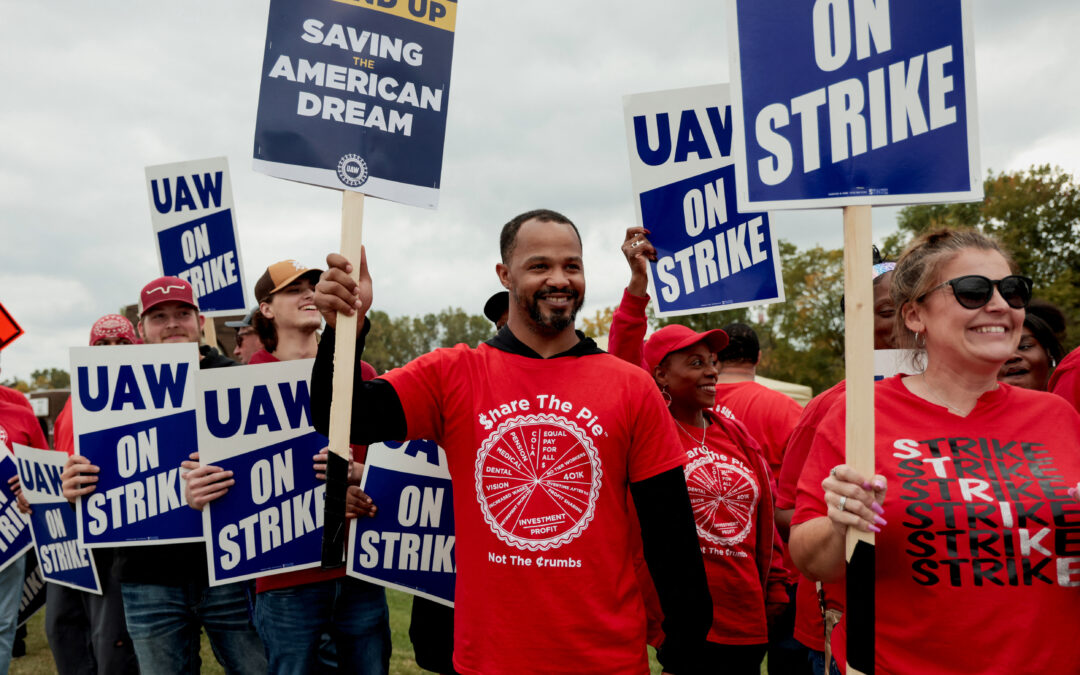In a dramatic twist, 8,700 United Auto Workers (UAW) members at Ford’s Kentucky Truck Plant have downed tools and gone on strike, marking a significant escalation in the ongoing contract dispute that has gripped the Detroit Three automakers for the past four weeks. The UAW claims that the strike was triggered by Ford’s reluctance to budge during contract negotiations, turning up the heat in this high-stakes labor showdown.
Ford, the second-largest U.S. automaker, didn’t mince words in its response, branding the strike as “grossly irresponsible.” The company further accused UAW leadership of pursuing a strategy aimed at causing “reputational damage” and “industrial chaos.” As tensions rise and the strike hits Ford’s largest and highly profitable plant, experts are taking note of the sudden shift in the dispute’s tone.
Harley Shaiken, a labor professor at the University of California, Berkeley, described the situation as particularly disruptive due to the strike’s abrupt nature, emphasizing the economic impact. With UAW members on the picket lines at the Kentucky Truck Plant, the pressure on both parties has been cranked up a notch.
This strike follows a series of labor actions within the automotive industry, with the UAW initially calling for walkouts at five assembly plants, including two Ford facilities, as well as 38 parts depots operated by General Motors and Chrysler-parent Stellantis. The situation remains fluid, and the labor disputes continue to evolve, keeping the automotive world on the edge of its seat.




